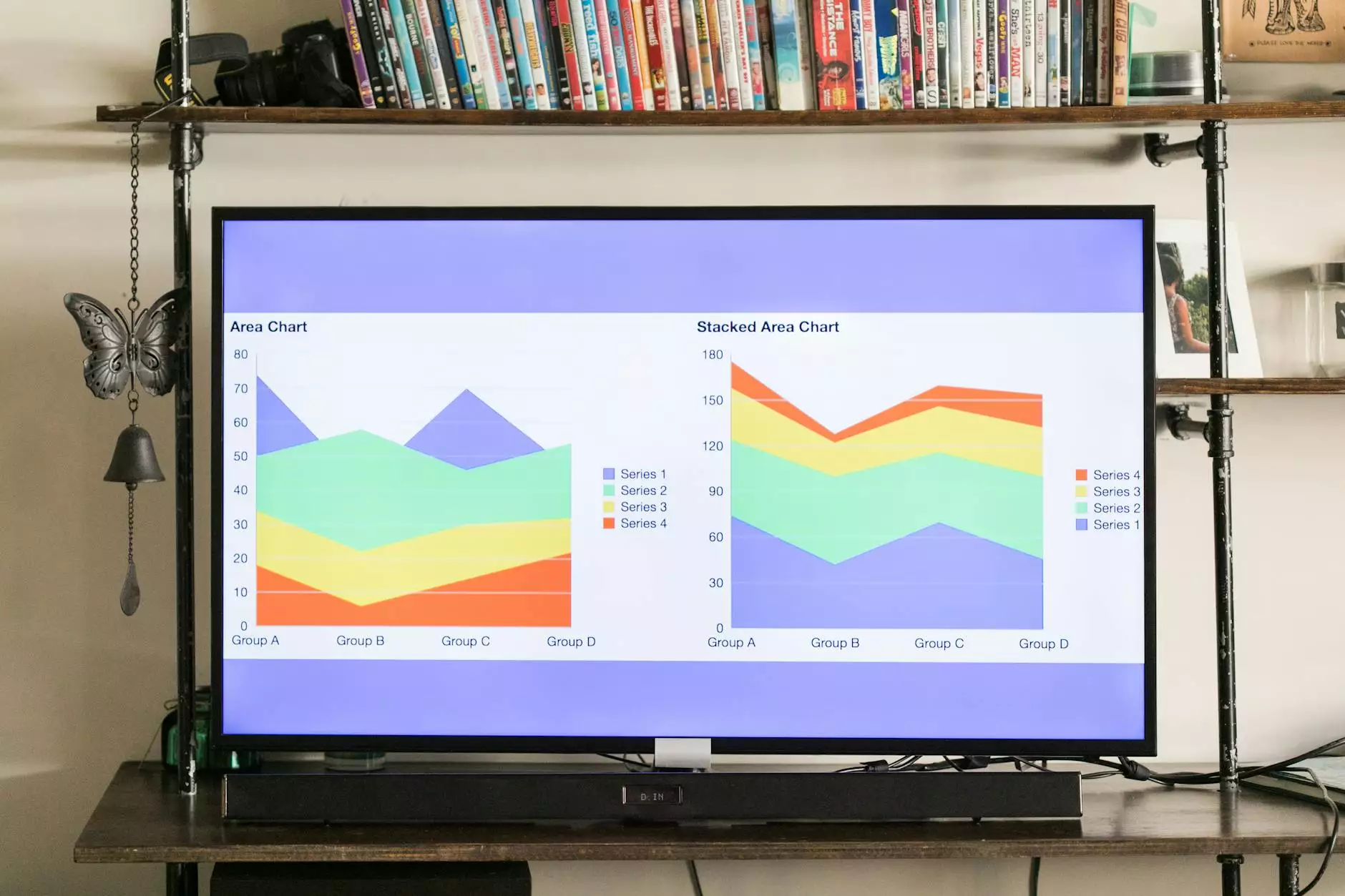The Ultimate Guide to Commercial Dehumidifiers

In today's fast-paced business environment, maintaining an optimal indoor atmosphere is crucial for successful operations. One of the key components in achieving this is the effective management of humidity levels. Particularly for businesses, a reliable commercial dehumidifier can play a significant role in improving air quality, protecting assets, and ensuring a safe environment. This comprehensive guide details everything you need to know about commercial dehumidifiers: from their functions and benefits to tips for selection and maintenance.
Understanding Commercial Dehumidifiers
A commercial dehumidifier is a device designed to reduce the level of humidity in the air, providing a comfortable and safe environment for both employees and customers. Unlike residential dehumidifiers, these units are specifically engineered to manage high volumes of moisture in large spaces, such as:
- Warehouses
- Construction sites
- Storage facilities
- Commercial kitchens
- Malls and retail spaces
- Healthcare facilities
How Do Commercial Dehumidifiers Work?
Commercial dehumidifiers operate by drawing in humid air, which passes over a series of cool coils. The moisture condenses on these coils and is collected in a reservoir or drained away, while the drier air is expelled back into the environment. This process effectively lowers humidity levels, creating a more comfortable atmosphere and mitigating potential damages caused by excess moisture.
The Benefits of Using a Commercial Dehumidifier
Investing in a commercial dehumidifier can bring a plethora of advantages to your business, including:
1. Improved Air Quality
By reducing moisture in the air, commercial dehumidifiers help to close the door on mold and mildew growth, which can contribute to respiratory problems and other health issues for your employees and customers.
2. Preservation of Infrastructure
Humidity can cause significant damage to buildings and assets. High moisture levels can lead to structural issues, rotting wood, and damage to electronic systems. By regulating humidity, you enhance the longevity of your infrastructure.
3. Enhanced Comfort
In customer-facing environments, such as retail stores or restaurants, maintaining a comfortable atmosphere is crucial. A commercial dehumidifier helps in achieving the right balance of humidity, ensuring a pleasant experience for guests.
4. Energy Efficiency
By maintaining optimal humidity levels, a commercial dehumidifier allows your HVAC system to operate more efficiently, potentially reducing energy costs in the long run.
5. Prevention of Equipment Damage
Excess moisture can cause significant damage to machinery and equipment. Using a commercial dehumidifier helps in prolonging the lifespan of your valuable investments.
Choosing the Right Commercial Dehumidifier
Selecting the appropriate commercial dehumidifier for your needs requires careful consideration of several factors:
1. Size and Capacity
The capacity of a dehumidifier is crucial, as it determines how much moisture it can remove in a given time frame, typically measured in pints per day. It's important to evaluate the size of the area you need to dehumidify, as choosing an underpowered unit can lead to inadequate moisture control.
2. Drainage Options
Consider how water will be collected. Some models come with built-in pumps for easy drainage, while others require manual emptying of water tanks. Depending on your setup, choose a model that fits your operational needs.
3. Energy Efficiency
Look for energy-efficient models with a high Energy Factor (EF) rating. While they may have a higher upfront cost, these units will save you money in energy expenses over time.
4. Noise Levels
For indoor environments where noise can be a concern, check the decibel (dB) ratings of different models. Units designed for quiet operation may be essential for maintaining a comfortable atmosphere.
5. Specific Features
Some advanced features to consider include:
- Digital controls for easy operation
- Hygrometers to monitor humidity levels
- Auto-restart in case of power failure
- Remote control access
- Filter alerts and maintenance reminders
Maintenance of Commercial Dehumidifiers
To ensure that your commercial dehumidifier operates efficiently and lasts for years, regular maintenance is key. Here are some maintenance tips:
1. Regular Cleaning
Dust and dirt can accumulate on the filters and coils of your unit, affecting its performance. Clean the filters at least once a month and check the coils for any buildup of grime.
2. Monitor Humidity Levels
Use a hygrometer to regularly check the humidity levels in your space. This will help you determine if your dehumidifier is effectively managing moisture or if it needs adjustment.
3. Schedule Professional Maintenance
Consider scheduling annual inspections by a professional technician. They can identify potential issues early and ensure your unit is functioning optimally.
Applications of Commercial Dehumidifiers
Commercial dehumidifiers are used across various industries to tackle moisture-related challenges. Some applications include:
1. Construction Sites
In construction, maintaining proper humidity levels is essential for curing concrete and accelerating the drying of materials. A commercial dehumidifier plays a pivotal role in control during construction projects.
2. Food Processing Facilities
Humidity control is critical in food processing and storage, preventing spoilage and maintaining quality. Dehumidifiers help ensure compliance with health and safety regulations.
3. Warehousing and Storage
In warehouses, excess humidity can damage goods and create optimal conditions for pests. Using a commercial dehumidifier helps safeguard your inventory against moisture-related damages.
4. Hospitals and Clinics
Healthcare providers use dehumidification to maintain air quality and prevent mold growth, ensuring a safe environment for patients and staff alike.
The Future of Commercial Dehumidification Technology
As technology evolves, commercial dehumidifiers are becoming smarter and more efficient. Key trends we can expect to see include:
1. IoT Integration
The integration of Internet of Things (IoT) technology allows for remote monitoring and control of dehumidifiers, resulting in enhanced operational efficiency.
2. Enhanced Energy Efficiency
Advancements in compressor technology are leading to units that consume less energy while providing effective dehumidification.
3. Eco-friendly Designs
Manufacturers are increasingly focusing on environmentally friendly units that use sustainable materials and refrigerants, reducing their carbon footprint.
Conclusion
Investing in a commercial dehumidifier can significantly improve the quality of your business environment, ensuring a safe, comfortable space for everyone involved. By understanding how these units function, their benefits, and how to choose the right one, you can make a well-informed decision that supports your operational goals. Whether you're in construction, retail, or healthcare, implementing a dehumidification solution can safeguard your assets, enhance productivity, and improve overall experiences for your employees and customers alike.
To explore a wide range of commercial dehumidifiers tailored for your specific industry needs, visit climatronics.in today!









